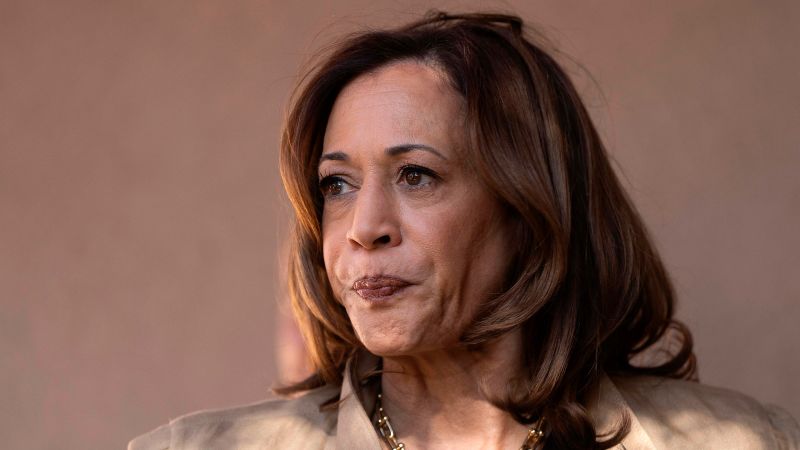
As Harris makes case for presidency, her record as prosecutor draws fresh scrutiny
CNN
When Kamala Harris famously refused to seek the death penalty against a young gang member accused of killing a cop two decades ago, she said then that her opposition to capital punishment was well-reasoned and absolute.
When Kamala Harris famously refused to seek the death penalty against a young gang member accused of killing a cop two decades ago, she said then that her opposition to capital punishment was well-reasoned and absolute. Even under pressure from the late Democratic Sen. Dianne Feinstein, who received a standing ovation when she called for the death penalty at the officer’s funeral, Harris, then 39, stood strong. “For those who want this defendant put to death, let me say simply that there can be no exception to principle,” she wrote in an opinion piece published in the San Francisco Chronicle in 2004, shortly after being elected the city’s first female district attorney. “I gave my word to the people of San Francisco that I oppose the death penalty,” Harris wrote, “and I will honor that commitment despite the strong emotions evoked by this case.” Just four years later, however, Harris pushed aside her long-held opposition to capital punishment when she announced plans to run for attorney general of California. She vowed that, if elected, she would “enforce the death penalty as the law dictates.” As attorney general of California, she advocated for enforcement of a state law under which the parents of chronically truant kids could be thrown in jail. But years later, during her first campaign for president, she expressed regret that some prosecutors had actually done so, saying that “that was never was the intention” of the law.











